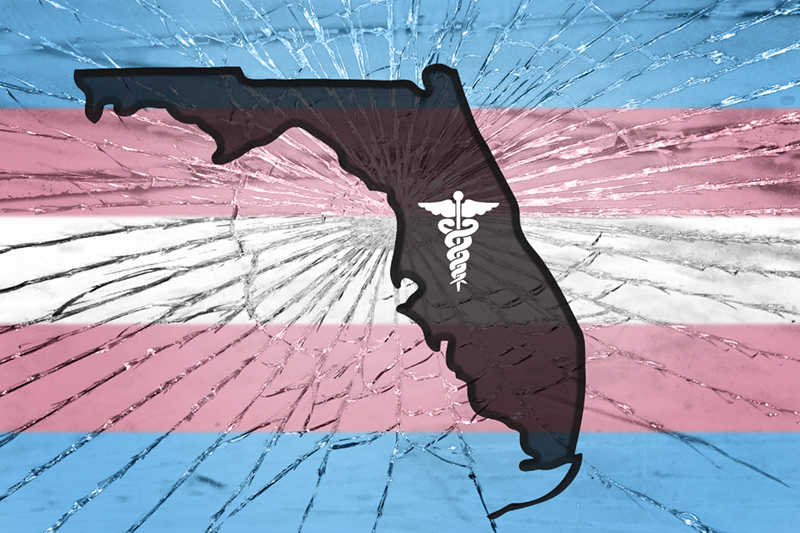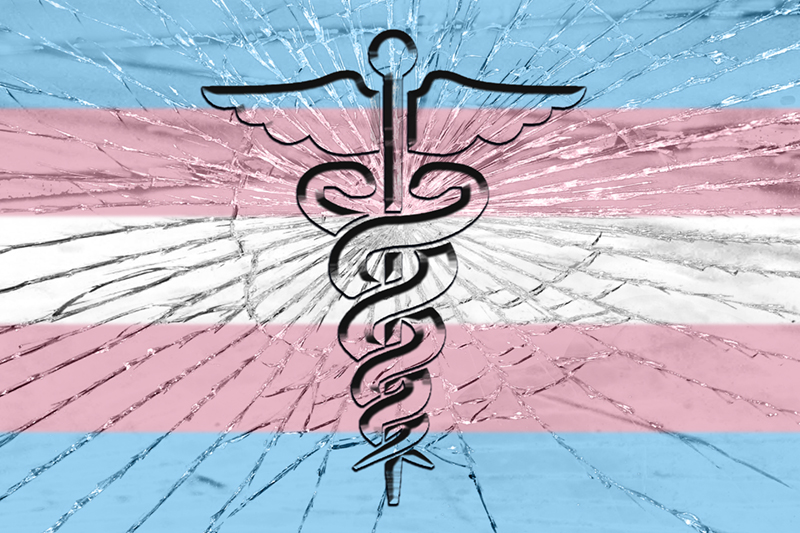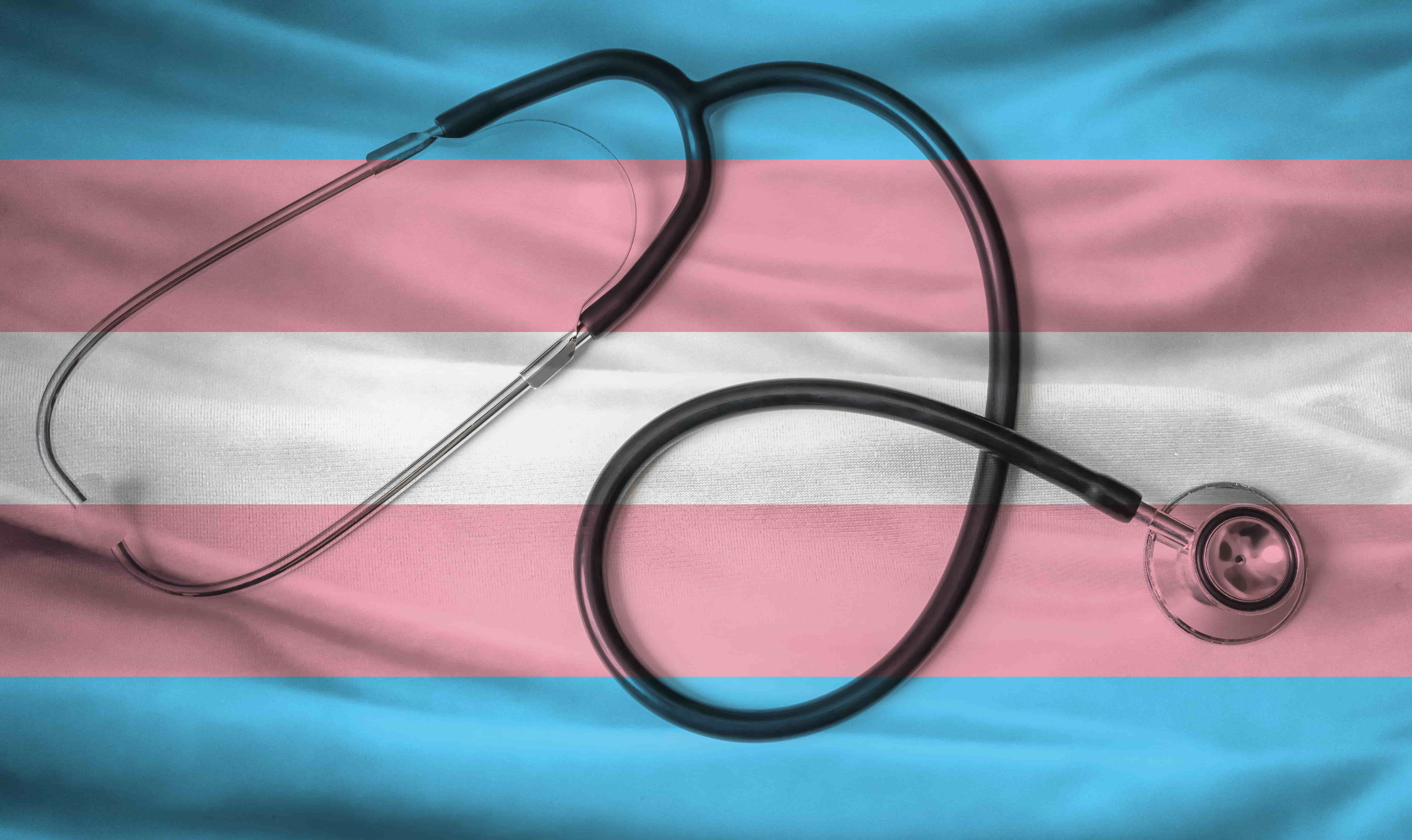Judge Blocks Indiana’s Ban on Puberty Blockers and Hormones
Federal judge allows ban on surgery to go into effect, but blocks rest of law barring minors from accessing transition-related care.

A federal judge has blocked most part of an Indiana law barring transgender youth from accessing gender-affirming medical treatments.
The law, passed by the state’s Republican-controlled legislature earlier this year, prohibits physicians from prescribing transition-related treatments, such as puberty blockers, hormones, and surgery, to transgender-identifying minors.
Last week, U.S. District Court Judge James Patrick Hanlon, of the Southern District of Indiana, an appointee of former President Donald Trump, issued a preliminary injunction blocking the bulk of the law from being enforced. Going forward, minors will still be allowed to access hormones and puberty blockers, if recommended by their personal physicians, until Hanlon reaches a final decision on whether the law should be allowed to stand.
However, the ban on surgical treatments — which are rarely performed on minors to begin with — will be allowed to take effect on July 1. That brings Indiana’s prohibitions on gender-affirming care in line with a similar law passed in Arizona last year that bans gender-affirming surgeries for minors — which is less severe than bans on all types of gender-affirming care that have passed in 18 other states over the past two years.
The lawsuit challenging the law, signed by Gov. Eric Holcomb in April, was brought by the American Civil Liberties Union on behalf of four transgender youth and their families, a physician who specializes in gender-affirming care, and a health care clinic offering itself out to individuals suffering from gender dysphoria, a condition where a person’s anatomy does not match the gender by which they identify.
“Because Plaintiffs have some likelihood of success on the merits of constitutional claims, a preliminary injunction is in the public interest,” Hanlon wrote in his ruling. “While the State has a strong interest in enforcing democratically enacted laws, that interest decreases as Plaintiffs’ likelihood of success on the merits of their constitutional claims increases.”
Hanlon also found that, without the injunction, the youth plaintiffs could suffer “irreparable harm” due to being unable to access gender-affirming treatments, reports CNN. In the case of the physician and clinic, without an injunction, either or both could be subject to disciplinary measures or the loss of their license to practice medicine if found to have prescribed gender-affirming treatments to minor patients — despite obtaining permission from their parents to treat them.
Indiana’s ban on gender-affirming care — as well as similar bans passed in other states — is part of a larger trend among Republican-dominated states to restrict freedoms for transgender people in the hope of discouraging individuals from transitioning or identifying as a gender that does not match their assigned sex at birth. Many Republican politicians have staked out transgender rights as a potential wedge issue — particularly for people who are uncomfortable with various forms of LGBTQ visibility — that will garner them additional votes from voters who might not otherwise support GOP candidates.
Still other proponents of bans have argued that minors are not mature enough to deal with the medical consequences of decisions to pursue gender-affirming care or a gender transition, and may grow to regret their choice.
In contrast, most major medical and mental health organizations oppose restrictions on gender-affirming care, believing treatments like hormones or puberty blockers to be the best treatment for individuals suffering from gender dysphoria.
In addition to Indiana, similar bans in Missouri, Alabama, and Florida have been temporarily blocked from being enforced until courts can decide whether such laws are constitutional.
A federal judge recently ruled that Arkansas’s ban on gender-affirming treatment is unconstitutional, infringing on the rights of transgender individuals, the right of their parents to make medical decisions for their minor children, and medical providers’ right to free speech. It remains to be seen whether other federal judges will rule similarly.
“Today’s victory is a testament to the trans youth of Indiana, their families, and their allies, who never gave up the fight to protect access to gender-affirming care and who will continue to defend the right of all trans people to be their authentic selves, free from discrimination,” Kevin Falk, the legal director for the American Civil Liberties Union of Indiana, said in a statement after Hanlon issued the preliminary injunction. “We won’t rest until this unconstitutional law is struck down for good.”
“We warned lawmakers that if they passed laws attacking trans people that they would see us in court,” Chase Strangio, the deputy director for transgender justice with the ACLU’s LGBTQ & HIV Project, said in a statement. “Our work in Indiana and around the country is far from over — including with this law.”
Support Metro Weekly’s Journalism
These are challenging times for news organizations. And yet it’s crucial we stay active and provide vital resources and information to both our local readers and the world. So won’t you please take a moment and consider supporting Metro Weekly with a membership? For as little as $5 a month, you can help ensure Metro Weekly magazine and MetroWeekly.com remain free, viable resources as we provide the best, most diverse, culturally-resonant LGBTQ coverage in both the D.C. region and around the world. Memberships come with exclusive perks and discounts, your own personal digital delivery of each week’s magazine (and an archive), access to our Member's Lounge when it launches this fall, and exclusive members-only items like Metro Weekly Membership Mugs and Tote Bags! Check out all our membership levels here and please join us today!


























You must be logged in to post a comment.